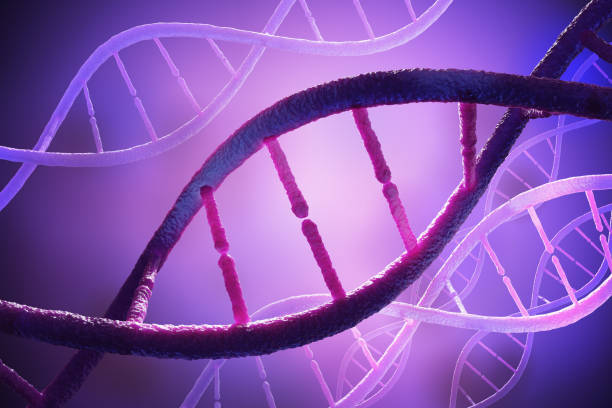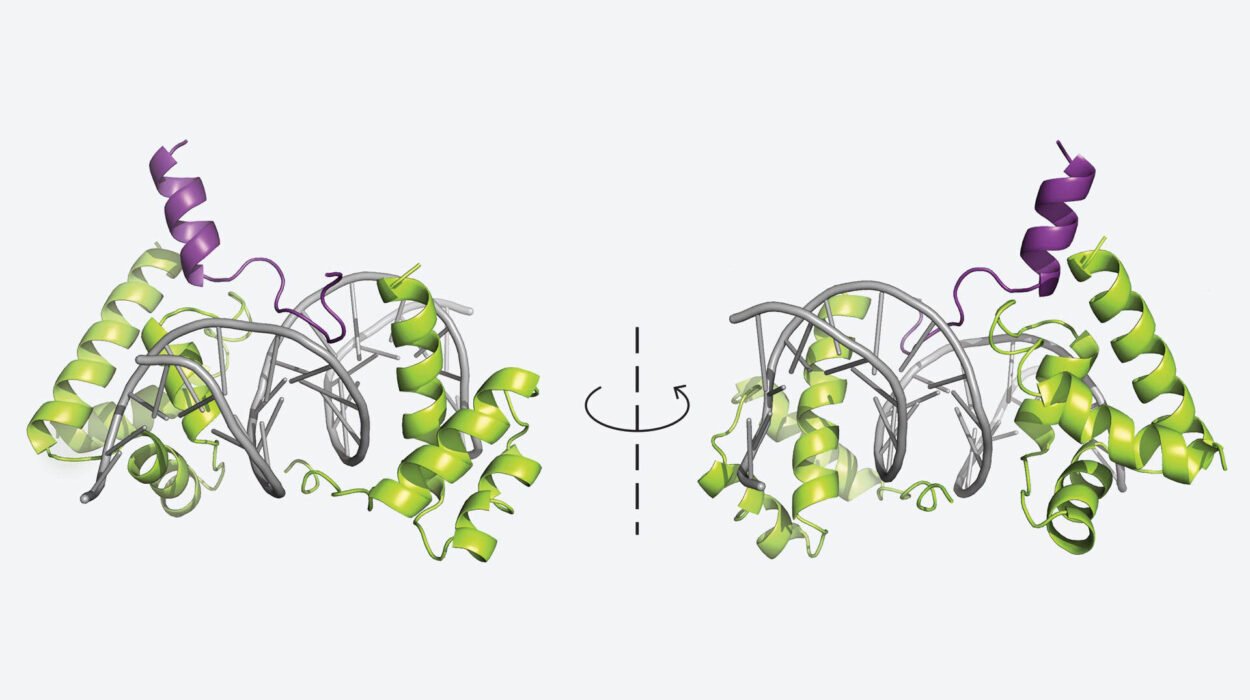The thyroid is a small, butterfly-shaped gland at the base of the neck, but its influence is vast. Though tiny, it produces hormones that control how the body uses energy, regulates metabolism, and ensures every organ—from the heart to the brain—functions smoothly. When the thyroid falters, the entire body feels the consequences. Thyroid disorders can be subtle, creeping in quietly, or they can be dramatic, changing how a person feels, looks, and lives.
Millions worldwide live with thyroid problems, many without even knowing it. Fatigue, mood swings, unexplained weight changes, or palpitations are often brushed off as signs of stress or aging, when in reality, they could signal a thyroid imbalance. Understanding these disorders is not only about recognizing illness but about reclaiming quality of life and balance in the body.
The Role of the Thyroid Gland
To appreciate thyroid disorders, one must first understand the gland itself. The thyroid produces two main hormones: thyroxine (T4) and triiodothyronine (T3). These hormones act as messengers, carried through the bloodstream to tissues and organs, influencing everything from body temperature to heart rate.
The thyroid’s activity is controlled by the pituitary gland in the brain, which releases thyroid-stimulating hormone (TSH). This creates a delicate feedback loop: when thyroid hormone levels drop, TSH rises to signal the thyroid to produce more; when hormone levels climb too high, TSH falls. This balance keeps metabolism steady.
When this system is disrupted—by genetics, autoimmune attacks, nutritional deficiencies, or other triggers—thyroid disorders develop, each with its unique challenges.
Common Thyroid Disorders
Thyroid disorders are not a single disease but a group of conditions that disrupt the gland’s normal function. The most common include:
- Hypothyroidism: an underactive thyroid that doesn’t produce enough hormones.
- Hyperthyroidism: an overactive thyroid that produces too many hormones.
- Goiter: enlargement of the thyroid gland, sometimes visible as a swelling in the neck.
- Thyroid nodules: lumps within the thyroid that can be benign or cancerous.
- Thyroid cancer: malignant growths originating in the thyroid tissue.
- Hashimoto’s thyroiditis: an autoimmune disorder leading to hypothyroidism.
- Graves’ disease: an autoimmune disorder that causes hyperthyroidism.
Each condition comes with its own causes, symptoms, and treatments, but they are linked by one common thread: disruption of the body’s hormonal harmony.
Causes of Thyroid Disorders
Thyroid disorders can arise from multiple factors, often working in combination. Understanding these causes provides not only clarity but also potential strategies for prevention.
Autoimmune Conditions
The most frequent culprits are autoimmune diseases. In Hashimoto’s thyroiditis, the immune system mistakenly attacks thyroid cells, slowly destroying the gland and reducing hormone production. In Graves’ disease, the immune system triggers the thyroid to produce excessive hormones, leading to hyperthyroidism.
Genetic Factors
Family history plays a powerful role. People with close relatives who have thyroid disorders, type 1 diabetes, or other autoimmune conditions are more likely to develop thyroid issues.
Nutritional Deficiencies
Iodine, a trace mineral, is essential for making thyroid hormones. In areas where diets lack iodine, goiter and hypothyroidism become common. Conversely, excessive iodine intake can also disrupt thyroid function. Selenium, another micronutrient, supports thyroid hormone metabolism, and its deficiency may worsen autoimmune conditions.
Environmental Triggers
Exposure to certain toxins, radiation, or even chronic stress can influence thyroid health. Radiation to the neck, whether from medical treatment or environmental exposure, increases the risk of thyroid nodules and cancer.
Medications and Medical Treatments
Drugs such as lithium, amiodarone, or interferon can affect thyroid function. Additionally, treatments like surgery or radioactive iodine for other conditions may lead to hypothyroidism.
Gender and Hormonal Factors
Women are far more likely than men to develop thyroid disorders, particularly during times of hormonal shifts such as pregnancy, postpartum, and menopause. Estrogen fluctuations appear to interact with thyroid autoimmunity, though the exact mechanisms are still being studied.
Symptoms of Thyroid Disorders
The thyroid influences nearly every system of the body, so its disorders can produce a wide range of symptoms—often mistaken for stress, fatigue, or aging. The symptoms vary depending on whether the gland is underactive, overactive, or structurally abnormal.
Symptoms of Hypothyroidism
- Persistent fatigue and sluggishness
- Weight gain despite no change in appetite
- Sensitivity to cold
- Dry skin, brittle nails, and hair thinning
- Constipation
- Puffy face or swelling around the eyes
- Hoarseness or slowed speech
- Depression, memory problems, or difficulty concentrating
- Slow heart rate
Symptoms of Hyperthyroidism
- Unexplained weight loss despite normal or increased appetite
- Nervousness, irritability, or restlessness
- Rapid or irregular heartbeat (palpitations)
- Sweating and heat intolerance
- Tremors in hands or fingers
- Increased bowel movements or diarrhea
- Difficulty sleeping
- Muscle weakness
- Swelling at the base of the neck (goiter in Graves’ disease)
Symptoms of Thyroid Nodules and Cancer
- A lump in the neck, sometimes visible or palpable
- Hoarseness or changes in voice
- Difficulty swallowing or breathing
- Pain in the throat or neck (less common)
Because many of these symptoms overlap with other conditions, thyroid disorders often go undiagnosed for years.
Diagnosis of Thyroid Disorders
Accurate diagnosis is critical to effective treatment. Fortunately, medical science offers a variety of tools to evaluate thyroid health.
Physical Examination
Doctors often begin with a neck examination to feel for enlargement, nodules, or tenderness. Eye changes, skin texture, or heart rhythm may also provide clues.
Blood Tests
Blood tests are the cornerstone of diagnosis. The most common include:
- TSH (Thyroid-Stimulating Hormone): considered the most sensitive marker for thyroid function.
- Free T4 and Free T3: measure levels of circulating thyroid hormones.
- Thyroid antibodies: detect autoimmune disorders like Hashimoto’s or Graves’ disease.
Abnormal results help distinguish between underactive and overactive thyroid states.
Imaging Studies
- Ultrasound: used to visualize thyroid size, structure, and nodules.
- Radioactive iodine uptake scan: evaluates how the thyroid absorbs iodine, which can help diagnose hyperthyroidism or nodules.
Biopsy
If a nodule appears suspicious, a fine-needle aspiration biopsy may be performed to rule out cancer.
Treatment Options for Thyroid Disorders
Treatment depends on the type of disorder, its severity, and the patient’s overall health. The goal is to restore hormonal balance and relieve symptoms, often through long-term management.
Treating Hypothyroidism
The standard treatment is levothyroxine, a synthetic form of T4. It restores hormone levels, reduces symptoms, and must often be taken for life. Dosage requires regular monitoring, as too little or too much replacement can cause ongoing problems.
Treating Hyperthyroidism
There are several approaches:
- Antithyroid medications (such as methimazole or propylthiouracil) reduce hormone production.
- Radioactive iodine therapy destroys overactive thyroid tissue.
- Surgery (thyroidectomy) may be recommended in certain cases, such as large goiters or when cancer is suspected.
Beta-blockers are often prescribed temporarily to manage symptoms such as rapid heartbeat and anxiety.
Treating Goiter and Nodules
Small, non-cancerous nodules may simply be monitored with regular ultrasound. Larger goiters causing symptoms may require surgery or radioactive iodine. If cancer is detected, surgery is usually followed by radioactive iodine and thyroid hormone therapy.
Treating Autoimmune Conditions
In Hashimoto’s thyroiditis, the treatment is usually levothyroxine once hypothyroidism sets in. In Graves’ disease, therapies focus on controlling hormone overproduction and immune response.
Lifestyle and Supportive Care
While medical treatment is central, lifestyle choices can support thyroid health. Adequate iodine intake, balanced nutrition, stress management, and regular exercise promote overall well-being and can ease symptoms. Patients also benefit from emotional support, as thyroid disorders often affect mood and self-image.
Living with Thyroid Disorders
A diagnosis of a thyroid disorder can feel overwhelming, but with proper treatment, most people live full, healthy lives. What matters is consistency—taking medications as prescribed, attending regular checkups, and listening to the body’s signals.
Support from family, friends, and healthcare providers makes a tremendous difference. Patients may face stigma or misunderstanding, particularly when symptoms affect appearance or mood. Open communication, education, and self-compassion help individuals navigate these challenges.
Many find that living with a thyroid disorder deepens their awareness of their own health. It teaches the importance of balance—not just hormonal, but emotional and lifestyle balance as well.
The Global Impact of Thyroid Disorders
Thyroid diseases are among the most common endocrine disorders worldwide, with an estimated 200 million people affected globally. Women are up to eight times more likely than men to develop thyroid conditions. In some regions, particularly where iodine deficiency is widespread, goiter remains a public health challenge.
The global impact extends beyond physical health. Thyroid disorders contribute to reduced productivity, increased healthcare costs, and diminished quality of life. Early detection and treatment are key not only to individual well-being but also to societal health.
Future Directions in Thyroid Care
Advances in medicine are transforming how thyroid disorders are understood and treated. Genetic studies are uncovering new risk factors, while improved imaging and blood tests make diagnosis more precise. Researchers are exploring targeted therapies that may modulate immune responses in autoimmune thyroid disease.
Personalized medicine—tailoring treatment to an individual’s genetic and biological profile—may one day optimize thyroid care. Until then, the combination of medical treatment, lifestyle support, and emotional care remains the cornerstone.
A Final Reflection
The thyroid may be small, but it shapes nearly every aspect of our lives. When it falters, the body and spirit feel the disruption. Yet, with understanding, diagnosis, and treatment, the story of thyroid disorders is not one of despair but of resilience.
Health is not merely the absence of disease—it is the capacity to adapt, to heal, and to thrive. Those living with thyroid disorders embody this truth daily. By listening to our bodies, seeking care, and embracing treatment, we reclaim not just hormonal balance, but the vitality to live fully.






